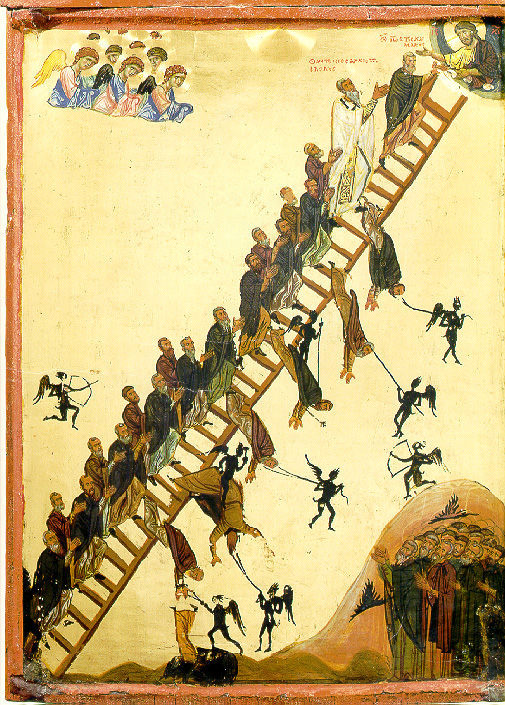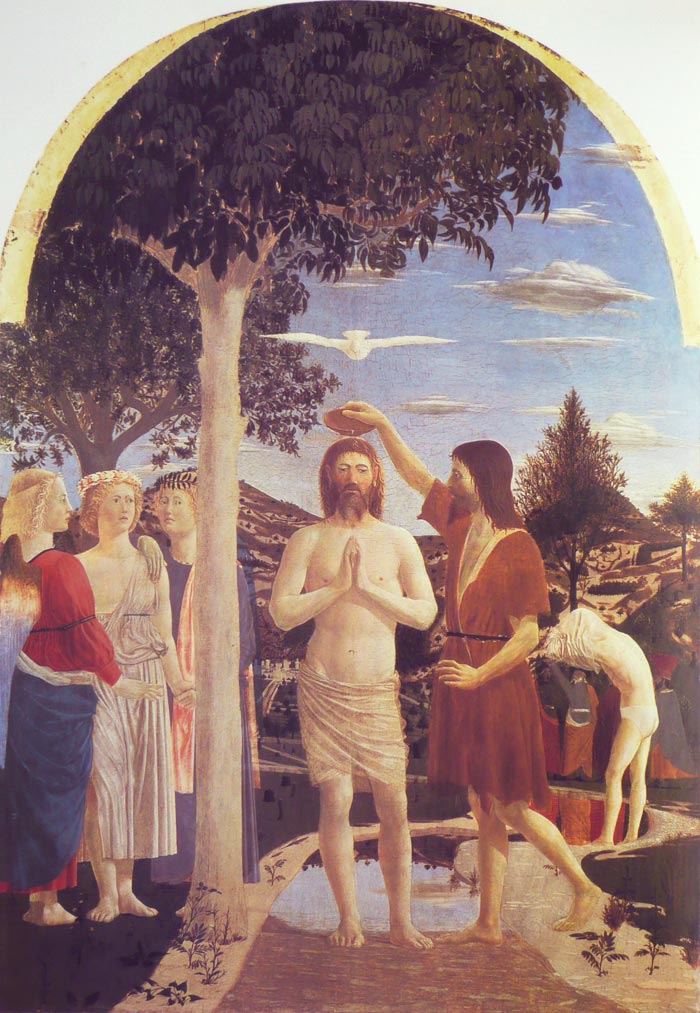The other day, driving through an older Pittsburgh suburb for the first time, I passed “All Saints Episcopal Church”. “Hmmm.”, I thought to myself. “There are no Episcopalian saints. And there has never been one. And, the Episcopalians have no mechanism in place for producing them. Wonder if it’s wishful thinking, still wanting to be Catholics whose faith they’ve renounced.”
A few miles down the road (I’m not making this up!,) I passed what was clearly named “Apostles’ Lutheran Church.” “That’s odd.”, I thought. “There was not one, single Apostle who was a Lutheran. Every single one of them, with the exception of Judas, believed in the Real Presence at the Eucharist, the Sacraments, including Confession, and each and every one of them recognized Peter as the Head of their Church. Not one Lutheran believes in any of those things.”
These names rank, along with the renowned”St. Peter’s Lutheran Church” in Saxonburg, Pa., as examples of the disconnect of even the holiest and most well-intentioned Protestants with the fuller reality that their names seek to associate with their own denominations.
Those who named that particular church may not have remembered that the founder of their faith wrote that the two major enemies of Christianity were the Pope and the horde of Moslems. Martin Luther stated that Catholics and Moslems were “equally bad”. Moslems, at that time were invading Southern Europe, killing, enslaving, and torturing hundreds of thousands of Christians all the way up to Hungary. At the same time, Catholics were not doing so, which certainly made Luther’s position puzzling, at best.





